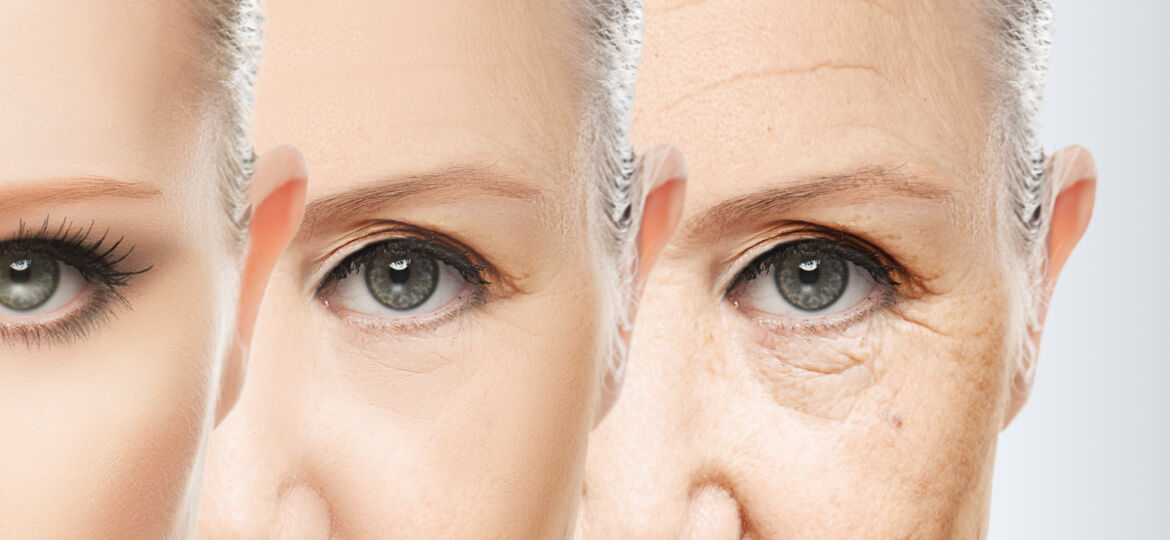
WHY THIS MATTERS IN BRIEF
- By treating age as a disease, not as an inevitable condition, it forces researchers to look at the problem differently and come up with new, unexpected solutions
Many diseases come with old age but the idea of pathologizing ageing itself has been gaining attention the past few years. Some argue that ageing is just damage that the body has sustained throughout its lifetime and that these natural wear and tear effects can be stopped and ultimately undone.
While the notion might at first seem out there and implausible there are two arguments here. Firstly, we have an increasing body of evidence that seems to show that ageing is the result of damage to, among other things, our cells and genes. Secondly by re-framing age as a disease it forces people to look at the problem in a different way and it pushes us to invent and examine new solutions.
British biologist Aubrey de Grey argues that, just like diseases, the symptoms of ageing all have a solution. We just either haven’t found or perfected them yet.
He says that ageing is the result of the accumulation of “garbage material” that our cells cannot break down. De Grey and his team decided to look into the phase after death for a solution to sustaining life and youth – decomposition. They hypothesized that the answer lies in the decomposition of dead bodies, where there are bacteria that can break down everything in the human body, including those our bodies could not break down on their own while we are alive.
And it worked. In 2012 they identified two types of bacteria that release enzymes capable of effectively and completely breaking down 7-ketocholesterol (7KC), a substance responsible for cardiovascular disease. They then modified the genes of these bacteria so that they would work within human cells, which were then successfully protected from the toxic substance.
But that’s just one example, there are many others.
The changing perspective on ageing is yielding different approaches to diseases common with age. More scientists are beginning to share this view and more medical research is being focused on undoing damage and identifying deficiencies rather than merely alleviating symptoms.
In a recent trial, for example, researchers transfused blood plasma from young people into elderly Alzheimer’s patients after lab tests on mice showed promising results in old mice where the method helped to dramatically improve both their physical and mental performance.
Mutaz Musa, physician at the Department of Emergency Medicine at Albert Einstein College of Medicine, says that whether to pathologize ageing or not seems to be “largely semantic,” but he agrees that it should be perceived and treated as a disease.
“Although many of de Grey’s claims remain controversial – notably, that the first person who will live to 1,000 years old is already among us – I agree that we can and should pathologize ageing. In fact, it seems we already have,” he said.
Either way, whether we try to treat it as a disease or just treat it for what it is, the fact is that slowly, piece by piece, scientists are slowly unravelling the mysteries of ageing.

















[…] adding that it “gives hope and opens the door for a lot of young scientists to target ageing as a reversible disease.” It could also enable doctors and scientists to find a way to monitor telomere length and […]